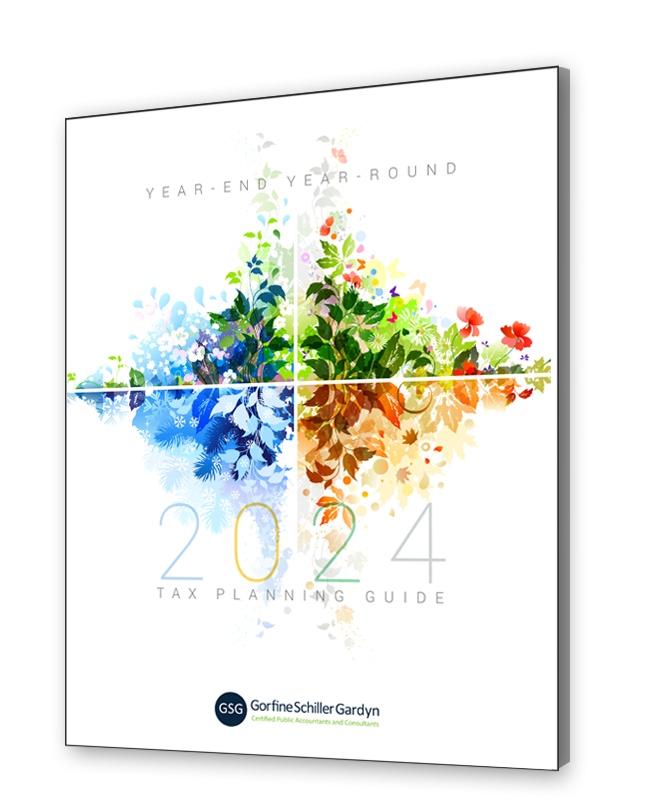In the following podcast, Scott Rodgville discusses the importance of employee benefit plan audits and how it’s possible to alleviate the pain of the audit process.
Understanding why you need an employee benefit plan (EBP) audit, where it’s applicable, and how to execute it properly and efficiently is vital to guaranteeing your organization meets its fiduciary responsibilities while remaining compliant.
Most people don’t realize the responsibility they carry when they sign off as a fiduciary on an EBP. Making mistakes with EBPs subjects you to civil penalties as much as it does Federal Criminal prosecution, so asking questions is paramount.
Audits of EBPs are dictated by a requirement under the Employee Retirement Income Security Act (ERISA). This document is particularly important because it’s overseen by the Department of Labor (DOL) as opposed to the Internal Revenue Service (IRS), which most people think of as governing compliance reporting.
The DOL has a dedicated group of inspectors reviewing EBPs and making sure that they’re operating in accordance with their guidelines. They’re also overseeing auditors to make sure the audits being prepared are being done in accordance with the appropriate standards.
When executing an EBP audit, you’re not just filling an obligation or checking a box. These audits are subject to scrutiny from outsiders. They’re publicly available, and participants have the ability at any time to download your Form 5500 from the DOL’s website.
However, not everybody needs an EBP audit. If you have more than 100 participants in the plan, you’re subject to the audit requirement. If you’re less than 100, you’re exempt from the audit requirement, but you’re still subject to the same compliance rules.
How do you alleviate the pain of an EBP audit? It’s possible by planning in advance, assembling proper records, choosing the right auditor, and making sure that your third party administrator (TPA) is involved in your process.
If you properly plan, you’re more likely to find success in your process. This includes understanding and closely reading the plan document. You should also clean your own house by identifying the documents that need to be accumulated and the underlying support for that data.
Choosing the right auditor plays a pivotal role. You may have a great corporate accountant or even corporate auditor, but if they’re not performing EBP audits, you’re putting yourself at risk. The DOL not only looks at audits of EBPs, but they actually look at how many the auditor has performed.
Every EBP includes a TPA, and that TPA has as much of an intricate part as your internal staff. Be sure that you have a good line of communication with all parties involved.
For more information about the importance and execution of an EPB audit, contact our EBP team today.
Newsletter Sign Up
Tax Planning Guide
Recent Blog Posts









